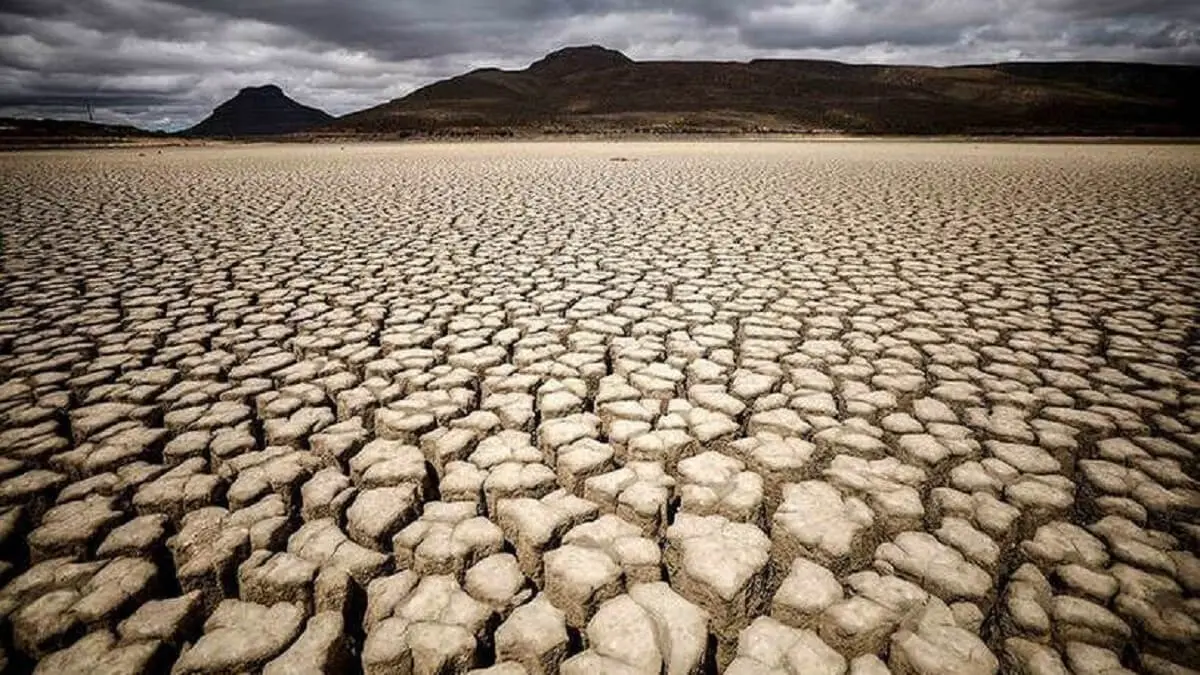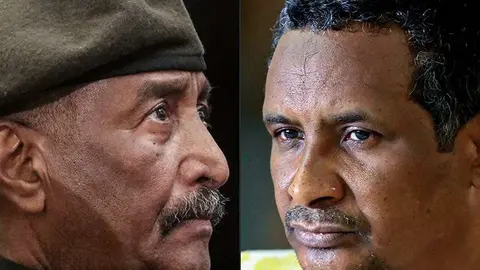Africa, the first victim of climate change

No one is immune to the effects that climate change is having on the planet, but sub-Saharan Africa is undoubtedly the area where the problems it creates are the most unavoidable and pressing for the lives of its inhabitants. The most serious of these is caused by unprecedented temperatures, which are breaking all universal records measured in degrees, and which not only overwhelm human resistance, but also wipe out the vital hope that discards the destruction of agricultural crops.
The relentless drought, which continues year after year, prevents the only natural resources that remain in many villages for hundreds of thousands of inhabitants to feed themselves from thriving: leguminous or cereal plantations wither almost before they are born, and domestic animals - as is also the case with wild animals to a large extent - die of exhaustion due to lack of pasture and in many cases thirst. The natural parks become parched.
To get drinking water, not to mention other basic necessities that are in short supply, the women of some tribes in particular have to walk tens of kilometres a day with jerry cans on their shoulders. But the drought shown in the images we see on television does not only create humanly dramatic situations. It is also to a large extent at the root of political and terrorist conflicts that cause casualties and instability.
The misery that is created is one of the attitudes of rebellion suffered in several countries where young people in particular only have the alternative of the risk of embarking on a boat, defying the waves to emigrate in search of other, less dramatic horizons. Having to live by asking customers for help at the door of supermarkets is less harsh than having to spend weeks enduring hunger and even thirst without seeing an end to their misfortune.
Among the countries most affected by the drought, against which there is no alternative, the ten most distressed are in Africa. Experts who follow developments, such as the spread of jihadism, conclude that this is more a political than a religious reaction. The faith that jihadism spreads creates illusion. Young people especially are more likely to believe the promises of improving their future, even their present, with the theories of organisations such as Boko Haram.
This violent sect, which emerged twelve years ago in Nigeria where it carried out atrocious terrorist actions, from mass killings to mass abductions of children, far from being defeated by the armed forces deployed in their pursuit in the north, continues to spread especially in the border countries around the gigantic Lake Chad, where the fanatical hope is that the water will increase despite the lack of rain. In addition to Chad and Nigeria, these countries include Cameroon, Niger, Mali and Burkina Faso.
In the latter two, the conflicts created have already taken anarchic control of power. But it should be added that the problem affects the whole of the Sahel, the entire southern Sahara, the most desperate area. Both the Red Cross and the UN itself, as well as the NGOs working in those territories, have already warned of the problems and dangers that are accumulating there and for which no one, no Western power, apart from the strenuous penetration of China seeking its advantage, can find, if at all, a solution to a problem that the weather is aggravating by the minute.


